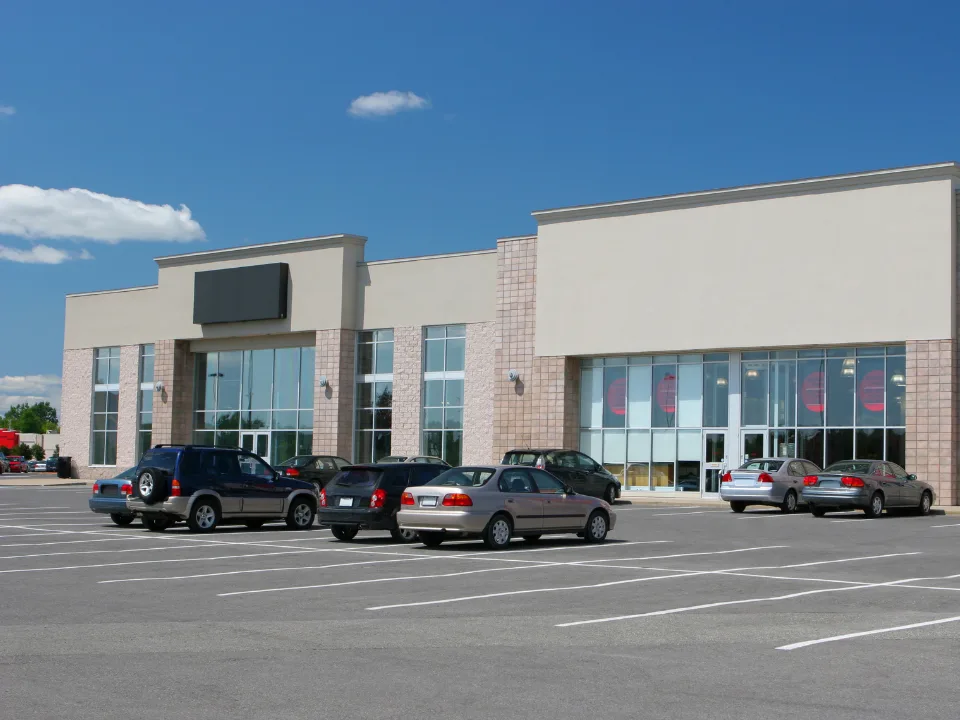- Boston’s office leasing activity reached 3.4 MSF in 3Q24, the highest level since 1Q22.
- Major lease renewals from Vertex Pharmaceuticals and Bain Capital boosted the market, highlighting an ongoing preference for high-quality, well-located office spaces.
- Class-A office rents have peaked, with average asking rents increasing nearly 9% YoY to $56.79 PSF.
Boston’s office leasing activity reached a two-year high in 3Q24, with 3.4 MSF of space leased, according to Savills data.
This uptick, which surpassed the 2.6 MSF leased at the same time last year, offers a glimmer of hope for a market still grappling with post-pandemic challenges, as reported by Bisnow.
Signs of Recovery
Although the Boston office market is not fully back to pre-pandemic levels, recent leasing growth signals cautious optimism. Leasing activity reached its highest level since 1Q22, when 3.5 MSF of leases were signed.
Financial and legal service tenants were notable drivers of leasing activity in Q3, often renewing or expanding in higher-quality, well-located office spaces, according to Marisha Clinton, Savills VP of Research East.
“The third-quarter leasing was actually up, hitting a two-year high, which was surprising,” Clinton noted, adding that Class-A properties are particularly in demand, with tenants choosing to renew leases in premier spaces rather than relocate.
Boosted Activity
The leasing uptick was fueled by major renewals from prominent tenants. Vertex Pharmaceuticals (VRTX) renewed 1.1 MSF at Fan Pier in the Seaport, and Bain Capital renewed and expanded to 378 KSF at 200 Clarendon St. in Back Bay.
Both tenants explored other properties before ultimately deciding to stay, reflecting a commitment to the highest-quality locations.
“These decisions reflect a continued preference for tenants seeking better, well-located space,” said Clinton. “They are securing those spaces and, in some cases, increasing their footprint.”
In addition to these large renewals, the quarter also saw notable transactions such as Commonwealth Equity’s 152 KSF relocation to 275 Wyman St. in Waltham and Evolv Technology’s 90 KSF renewal and expansion at 500 Totten Pond Road.
The Massachusetts Division of Capital Asset Management and Maintenance also signed a 106 KSF lease at 1 Federal St. in the Financial District.
Office Rent Trends
There are other positive signs for Boston’s office market. The decline in office-using employment growth has slowed since 1Q24, suggesting easing economic pressure. While employment metrics are still negative, slowing job losses point to a stabilizing market.
“While it’s still negative, the actual pace of declines has been slowing,” Clinton explained. This trend serves as a leading indicator of improving market conditions, suggesting the Boston office market could be in the early stages of recovery.
Boston Mayor Michelle Wu also highlighted the increase in in-person office attendance, which rose 10% this year—almost double the national average. Higher attendance is an encouraging sign for landlords as more companies look to return to physical office spaces.
New High
Additionally, data from BXP, formerly Boston Properties, indicated that its Class-A office portfolio in Boston outperformed the national market by up to 20% in both 2023 and 2024.
The higher interest in Class-A properties has had a noticeable impact on rents. Average asking rents for these high-quality buildings rose by 8.9% YoY, reaching $56.79 PSF. The continued demand for premium office space has supported rental growth despite broader uncertainties.
Brighter Outlook
While Boston’s office market remains in a state of recovery, recent signs—including higher leasing activity, improving employment metrics, and rising demand for Class-A office space—suggest a more positive outlook.
The recent cut in interest rates has also injected new optimism into the office leasing market. Lower interest rates could improve the cost of operations, which might lead to more hiring and expansion.
“You have improving costs of operations and improved costs in terms of the way they do business,” Clinton said. “This ties back to an improved economy translating into better revenue growth projections—not just for revenue, but also for headcount.”

















